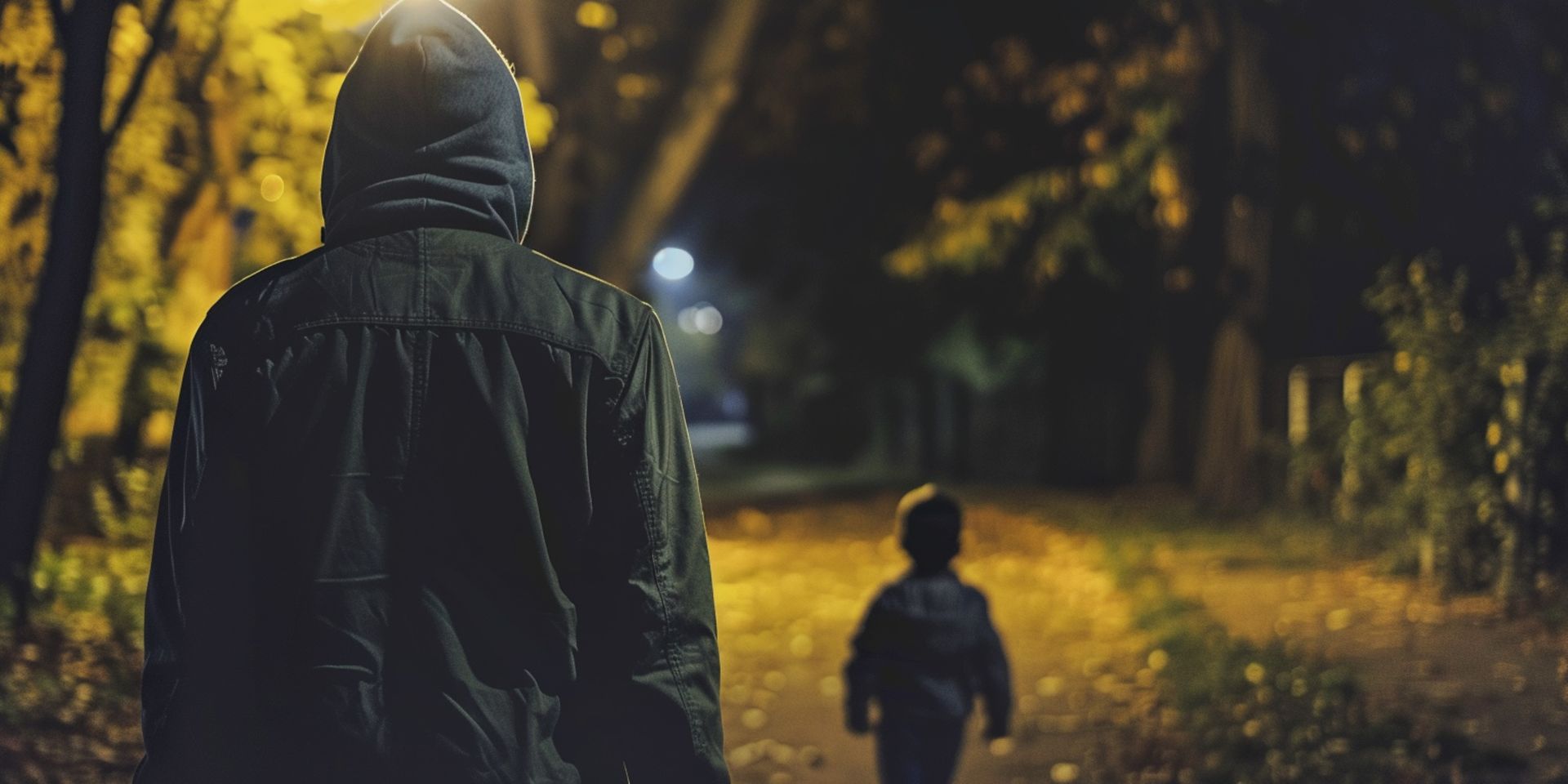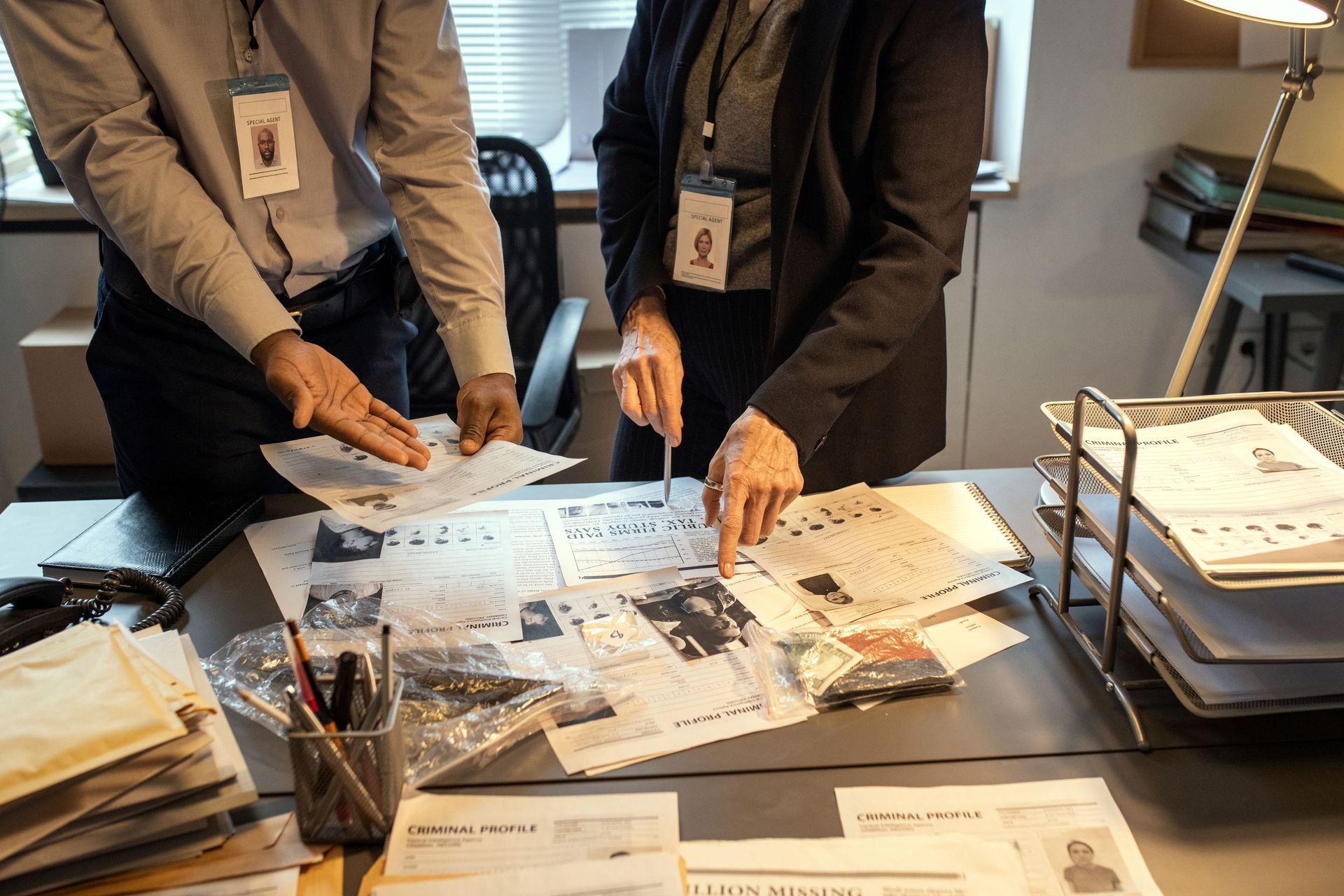
Call Today - Available 24/7
What Are the Legal Activities Relating to Material Constituting Child Pornography?
In today's digital age, the proliferation of child pornography has become a serious issue that requires comprehensive legal examination and regulation. The exploration of legal activities relating to material constituting child pornography is crucial in addressing this harmful phenomenon and protecting the rights and well-being of our most vulnerable population—children. This blog will look into the legal landscape surrounding child pornography, including relevant statutes, regulations, court decisions, and law enforcement actions. By shedding light on these critical issues, we aim to enhance understanding and awareness of the complex legal framework governing such illicit activities while advocating for stronger measures to combat this heinous crime.
Definition and Legal Framework of Child Pornography
Child pornography, as defined by the legal system, refers to any visual depiction of a child engaged in sexually explicit conduct. This can include images or videos of minors under the age of 18 involved in sexual activities or posing provocatively. Possession, distribution, production, and consumption of child pornography are serious criminal offenses with severe penalties.
In most countries, including the United States, child pornography is strictly prohibited under both federal and state laws. Those found guilty of these crimes can face lengthy prison sentences, hefty fines, and mandatory registration as a sex offender. Law enforcement agencies actively work to combat the production and dissemination of child pornography through various investigative techniques and collaborations with international partners.
Key Points:
- Child pornography involves any visual representation portraying children engaged in sexual behavior.
- The possession or distribution of child pornographic materials is legally punishable with severe consequences.
- International cooperation among law enforcement plays a crucial role in combating this illicit activity.
Statutory Provisions and Penalties for Child Pornography Offenses
Statutory Provisions
- Child pornography offenses are governed by various statutory provisions at both the federal and state levels.
- These laws outline what constitutes child pornography, as well as the penalties for those who create, distribute, or possess such material.
Penalties for Offenses
- Individuals convicted of child pornography offenses can face severe penalties, including lengthy prison sentences and hefty fines.
- In some cases, offenders may be required to register as sex offenders for the rest of their lives.
- The severity of the penalties varies depending on factors such as the age of the victim, the nature of the material involved, and whether there was any intent to profit from the exploitation of children.
Court Decisions and Legal Precedents in Child Pornography Cases
Supreme Court Rulings: The Supreme Court has issued several rulings regarding child pornography, including the landmark decision in Ashcroft v. Free Speech Coalition (2002), which struck down provisions of the Child Pornography Prevention Act on First Amendment grounds. Another significant case is New York v. Ferber (1982), where the court held that child pornography was not protected speech under the First Amendment.
Obscenity vs. Child Pornography: Courts have made a distinction between obscenity and child pornography, with the latter being considered unprotected by the First Amendment due to its inherent harm to children involved in its production. While obscenity laws focus on sexually explicit material deemed offensive to society's standards, laws concerning child pornography aim to protect minors from exploitation and abuse.
Child Victims' Rights: In recent years, courts have increasingly focused on protecting the rights of child victims depicted in pornographic material. This includes awarding restitution to victims for damages suffered as a result of their abuse being recorded and distributed online. These legal developments highlight a shift towards recognizing and prioritizing the well-being of those harmed by child pornography offenses.
Law Enforcement Strategies and Challenges in Combating Child Pornography
- Strategies
- Enhancing cooperation between law enforcement agencies to share information and resources.
- Utilizing advanced technology for monitoring online activities and tracking offenders.
- Conducting undercover operations to identify and apprehend individuals involved in producing or distributing child pornography.
- Challenges
- Encryption techniques used by offenders make it difficult to trace illegal activities.
- Jurisdictional issues arise when perpetrators operate across international borders.
- Child pornography often circulates through underground networks, requiring extensive investigation efforts.
In the fight against child pornography, law enforcement faces complex challenges but continues to develop innovative strategies to combat this heinous crime effectively. By staying ahead of technological advancements and collaborating on a global scale, authorities work tirelessly to protect vulnerable children from exploitation.
Contact Hanlon Law for Legal Assistance
Hanlon Law is committed to providing skilled and compassionate legal representation in sensitive and complex cases, including those involving allegations of offenses related to material constituting child pornography. Our experienced attorneys understand the serious nature of such charges and are dedicated to ensuring that every client receives a fair trial and an aggressive defense. We handle each case with discretion and professionalism, carefully examining evidence, challenging procedural errors, and advocating for the rights of our clients.
To learn more about the causes and risk factors of sex crimes from a legal perspective, contact the skilled attorneys at Hanlon Law to schedule a consultation. If you live in Orlando or in surrounding areas, be sure to visit our website for more information on this topic.





We serve clients throughout Florida including those in the following localities: Hernando County including Spring Hill; Hillsborough County including Brandon, Riverview, and Tampa; Pinellas County including Clearwater, Largo, Palm Harbor, Pinellas Park, Seminole, and St. Petersburg; and Pasco County including Dade City, Hudson, and New Port Richey.
Clearwater Criminal Defense Lawyer Hanlon Law Website
St. Petersburg Criminal Lawyer Hanlon Law Website
Sarasota Criminal Defense Lawyer Hanlon Law Website
Bradenton Criminal Defense Lawyer Hanlon Law Website
Florida Expungement Lawyer Hanlon Law Website
Tampa Criminal Defense Lawyer Hanlon Law Website
Orlando Criminal Defense Lawyer Hanlon Law Website
This site is protected by reCAPTCHA and the Google Privacy Policy and Terms of Service apply.
Please do not include any confidential or sensitive information in a contact form, text message, or voicemail. The contact form sends information by non-encrypted email, which is not secure. Submitting a contact form, sending a text message, making a phone call, or leaving a voicemail does not create an attorney-client relationship.
All Rights Reserved | Hanlon Law






